(October 16, 2022) “The teachings of ‘Buddh’ (Lord Buddha) rather than the message of ‘yuddh’ (war) is India’s contribution to the world”, said Prime Minister Narendra Modi in 2019 during his address on terrorism to United Nations General Assembly. Buddha and his teachings are precious because of their relevance to the world even 2,600 years later. His saying, “mind is the source of happiness and unhappiness” from thousands of years ago, is still considered the central mantra for inner transformation.
Buddhism has been described by experts as India’s civilisational heritage which finds place in foreign policies across the globe. As it emphasises peaceful co-existence that most of the countries desire, the world has embraced its principles. According to Pew Research Centre, the think tank based in Washington DC, there are about 488 million worldwide followers of Buddhism which originated in India.
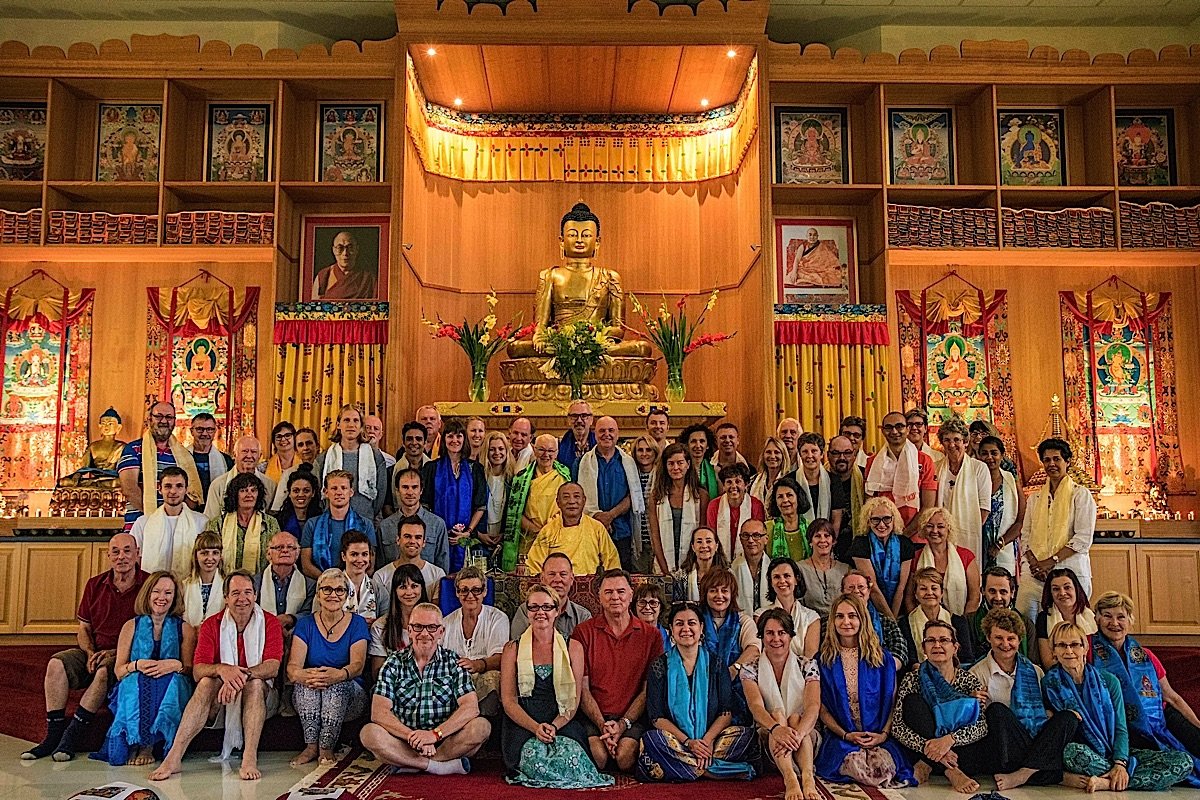
Buddhists in Australia
The soft power
Using this rich historical cultural links with other countries, India has emerged successful in the non-coercive soft power strategy, using Buddhist principles in diplomacy.
Happiness does not depend on what you have or who you are. It solely relies on what you think – Gautam Buddha
It was Joseph Nye, American political scientist and former United States Assistant Secretary of Défense for International Security Affairs who conceptualised the term ‘soft power’ in the 1990s. Since then, it has been part of foreign-policy discussions across the globe, with each country trying to leverage it. Nye believed that the conventional tactics of hard power of military prowess of any nation would no longer command power on a global scale.
The cultural export
It’s not just the recent government who has made efforts of incorporating Buddhist heritage to further diplomatic, cultural, economic, and strategic associations with other nations. If we look back to history, efforts to leverage this soft power were made a long time ago.
A conference was organised by Nehru in newly independent Sri Lanka, where the World Fellowship of Buddhists was founded in 1950. In the year 1952, India hosted the International Buddhist Conference at Sanchi that was attended by more 3,000 Buddhist monks, nuns and historians. At that time, it was the largest gathering of Buddhist preachers and followers in the world. From 1954 to 1956, the sixth Buddhist Council was convened in Burma. The tradition of holding conferences and convening councils has continued, strengthening the global network of Buddhism.
View this post on Instagram
Interactions between people across national boundaries has been encouraged through conferences that draw global audiences towards this soft power of India. ‘Buddhism in the 21st Century’ conference that took place at Rajgir in 2017, and the conference, ‘Buddhist Identity in Twenty-First Century Asia,’ organised by University of Cambridge this year are few such examples.
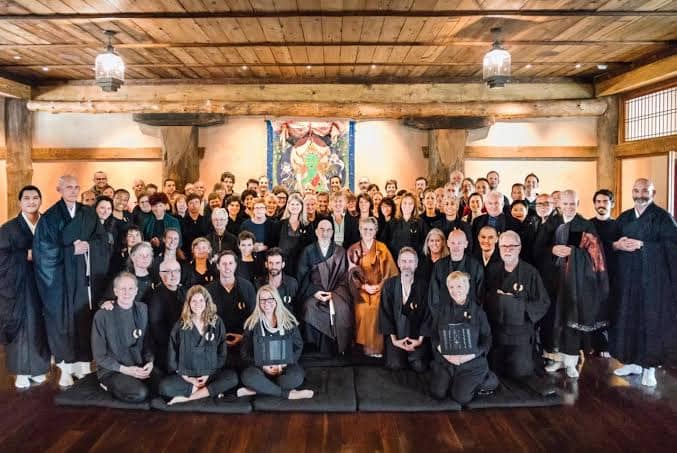
Buddhists of North America
The Indian Ministry of Tourism has made efforts to transgress national borders by promoting significant tourist sites of Buddhism in the country, attracting people around the globe. The International Buddhist Conclave organised by the ministry every alternate year is attended by delegates from several countries with the agenda of international and domestic tours to further boost this common cultural link across the world.
Pan-Asian presence
The majority of the world’s Buddhist population today lives in Asia. Countries like China, Bhutan, Myanmar, Cambodia, Thailand, Laos, Mongolia and Sri Lanka perceive Buddhism as a significant part of their identity and national values. Countries like Japan, and South Korea are also connected to India through their embracing the Buddhist heritage.
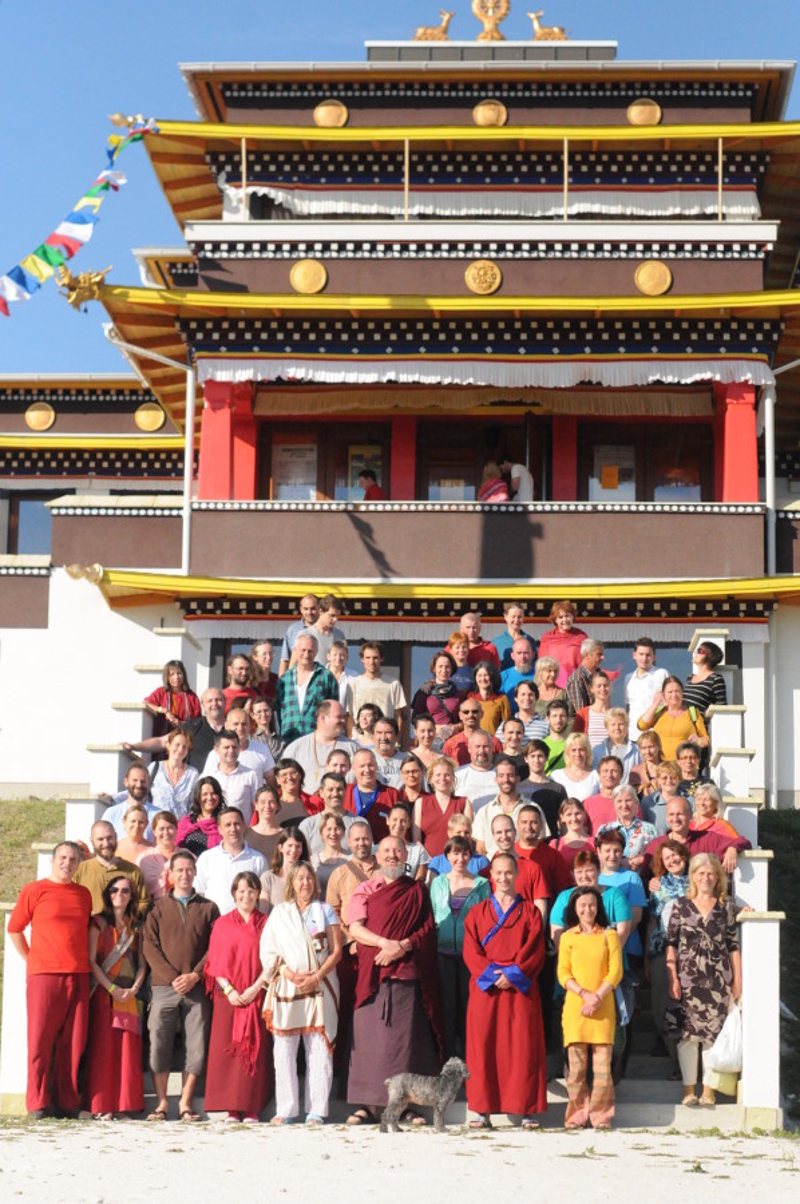
Buddhists in Mongolia
Buddhism in west
In the US and Canada, the growth of Buddhism communities has been through Buddhist immigrants from all corners of Asia. There have been instances of expansion through indigenous converts and North American-born children of immigrants.
Such are the evergreen principles of Buddhism that it gets renewed within the interactions of newer generations. There is emphasis in the faith upon practice of meditation for mental well-being which is one of the most trending issues, east or west, irrespective of age.
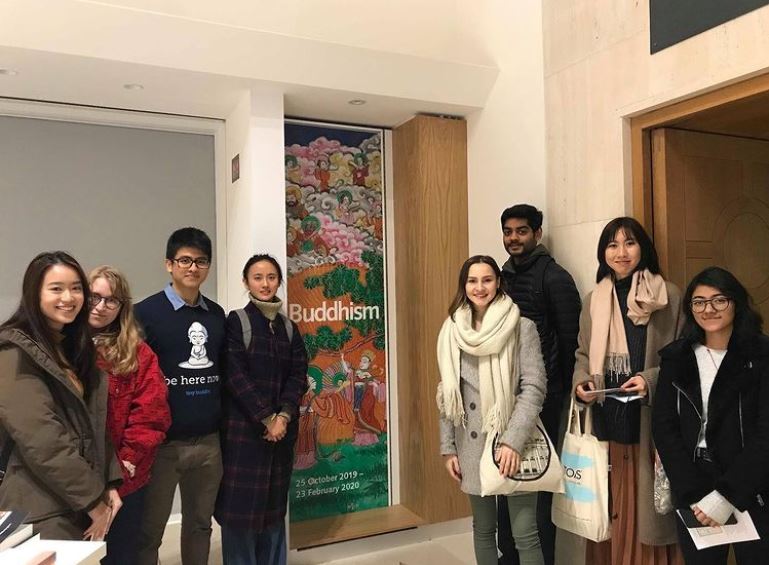
Students in UK show interest in Buddhism
A steady stream of books since mid-20th century and media, particularly the social media have enhanced this trend.
Britannica.com states:
Many other North American-born Buddhists of non-Asian descent have studied in traditional Buddhist countries, become ordained, and returned to the United States to lead and even found monasteries and Buddhist community centres.
Amalgamation of old and new to keep relevance intact
The encyclopaedia’s site further goes on to state that “some practicing Buddhists and scholars of Buddhism believe that the process of accommodation and acculturation in the West, and particularly in North America, is leading to a “fourth turning of the Wheel of the Dharma,” a new form of Buddhism that will turn out to be quite different from the traditional forms of Theravada, Mahayana, and Vajrayana while incorporating aspects of each.”
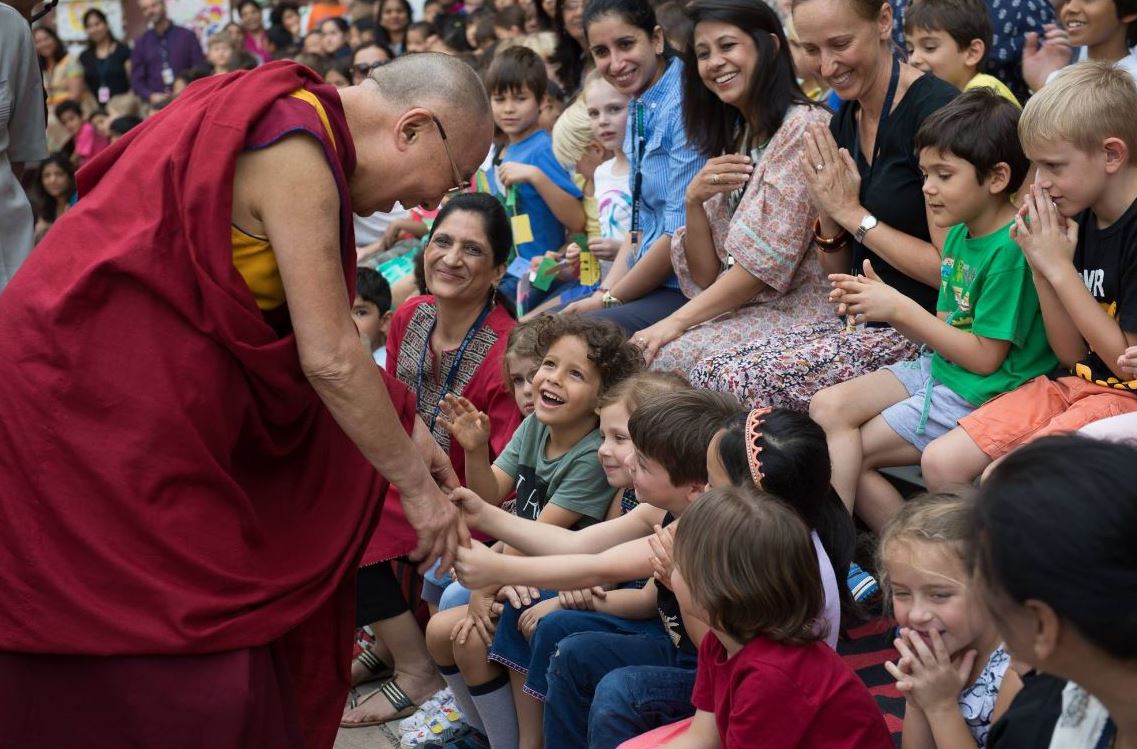
Dalai Lama at American Embassy School in New Delhi
With newer generations turning to Buddha for well-being, this powerful social force of more than two thousand years spreading from its original homeland, India, to foreign lands is one of the greatest examples of cultural export. There is a strong reason to believe that the appeal of Buddha is not going to wear off, rather will continue far into the future.

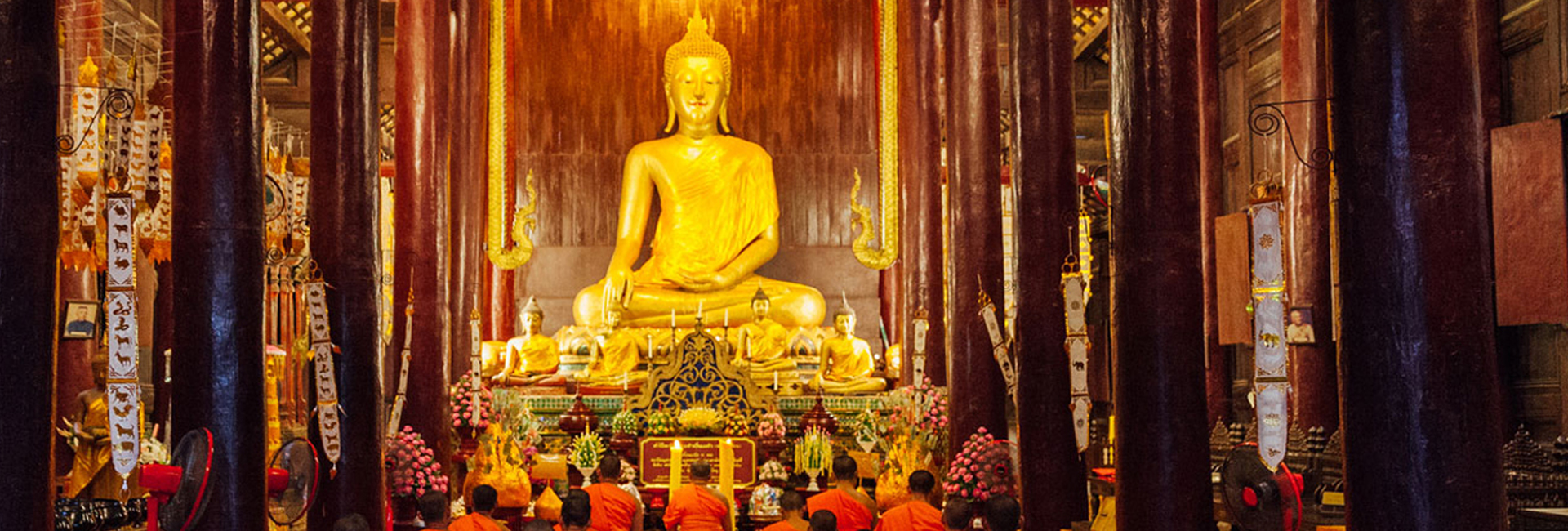
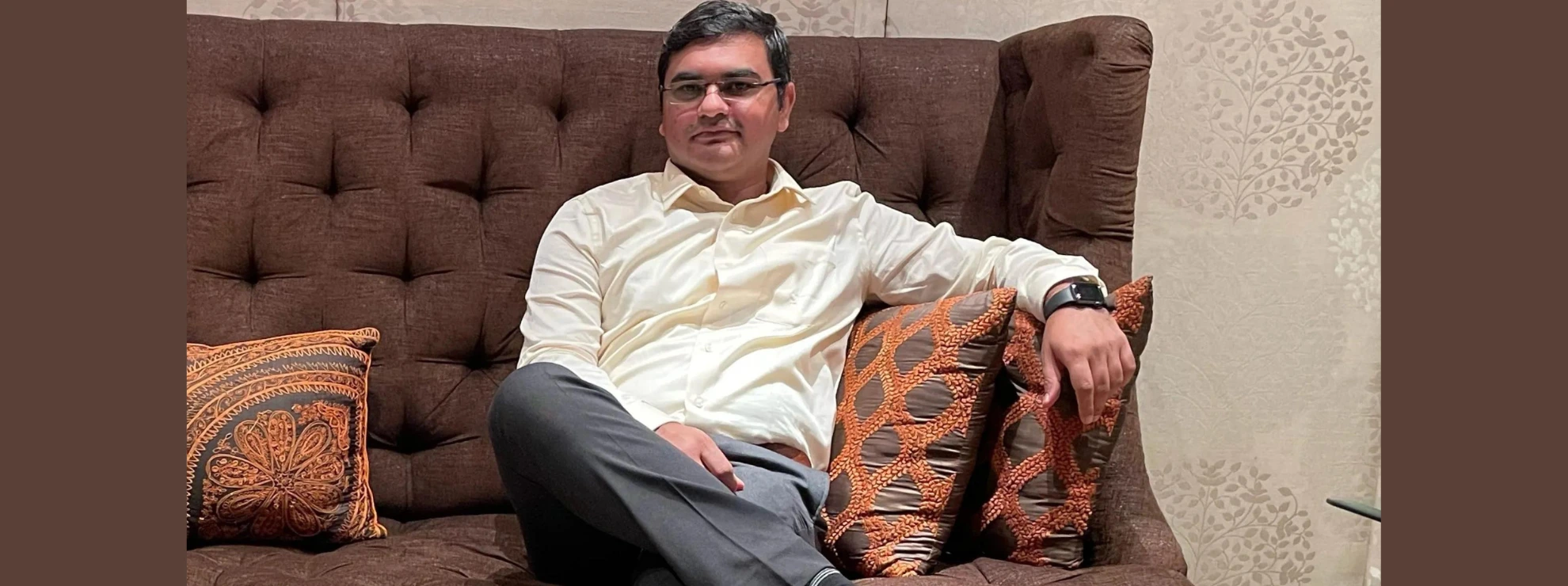
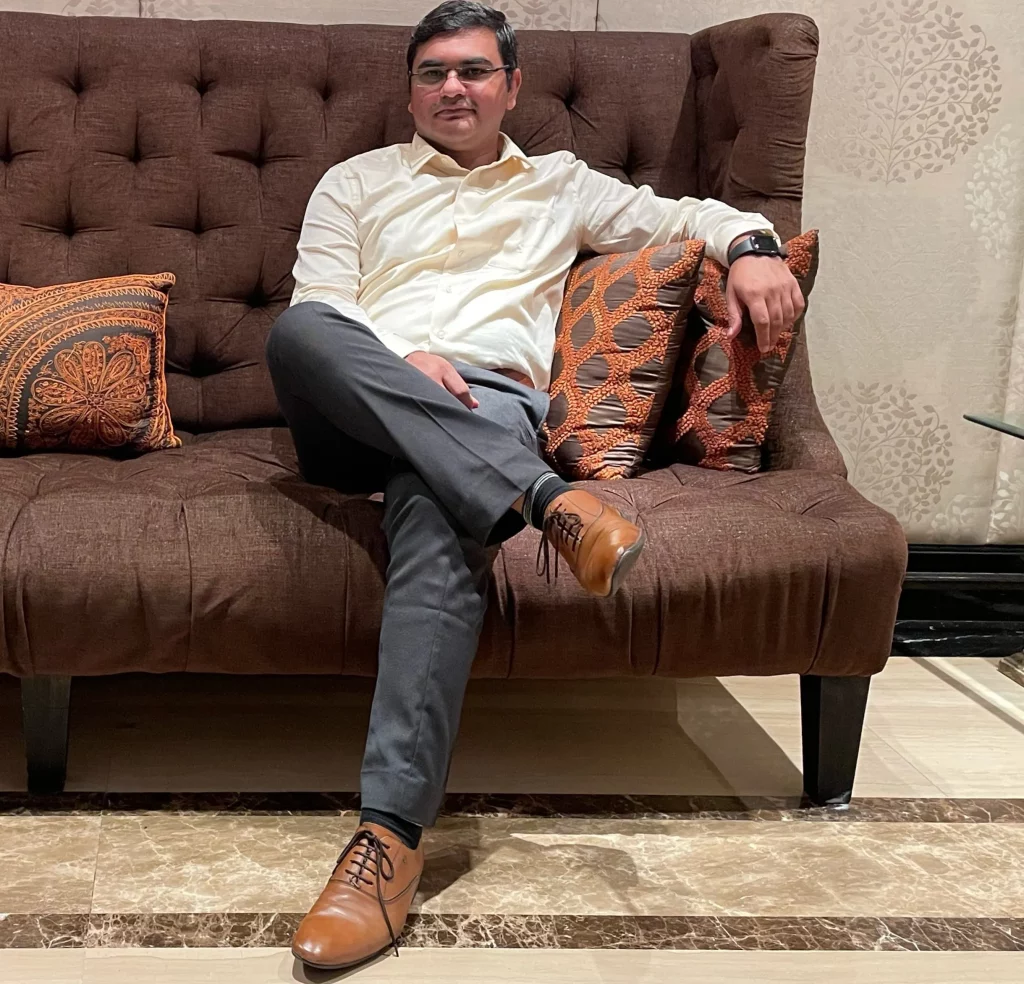 Ameet Patil[/caption]
Ameet Patil[/caption]
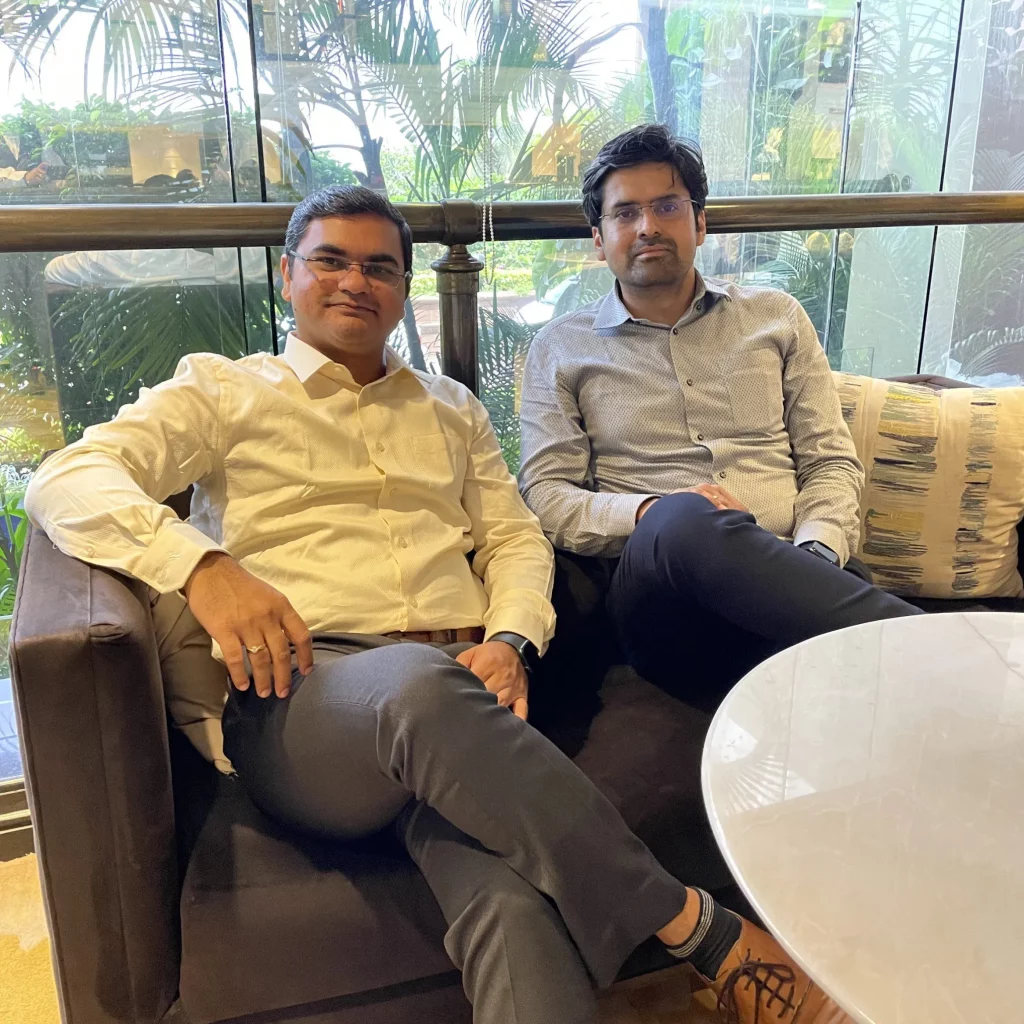 Ameet Patil and Nitesh Singh Rathore[/caption]
Ameet Patil and Nitesh Singh Rathore[/caption]
 Sunil Chhetri after the award ceremony, as India beat Kuwait, winning SAFF Championship Final in Bengaluru.[/caption]
Sunil Chhetri after the award ceremony, as India beat Kuwait, winning SAFF Championship Final in Bengaluru.[/caption]
 Sunil Chhetri along with his teammates celebrate as India beat Kuwait 5-4 on penalties to win SAFF Championship Final in Bengaluru.[/caption]
Sunil Chhetri along with his teammates celebrate as India beat Kuwait 5-4 on penalties to win SAFF Championship Final in Bengaluru.[/caption]
 Amanda Sodhi in Coonoor[/caption]
Amanda Sodhi in Coonoor[/caption] Amanda Sodhi in Hyderabad[/caption]
Amanda Sodhi in Hyderabad[/caption] Amanda Sodhi in Andamans.[/caption]
Amanda Sodhi in Andamans.[/caption] Amanda Sodhi in Spiti[/caption]
Amanda Sodhi in Spiti[/caption] A display as part of the Wall Museum[/caption]
A display as part of the Wall Museum[/caption]
 Aruna Miller. Credit: Facebook[/caption]
Aruna Miller. Credit: Facebook[/caption]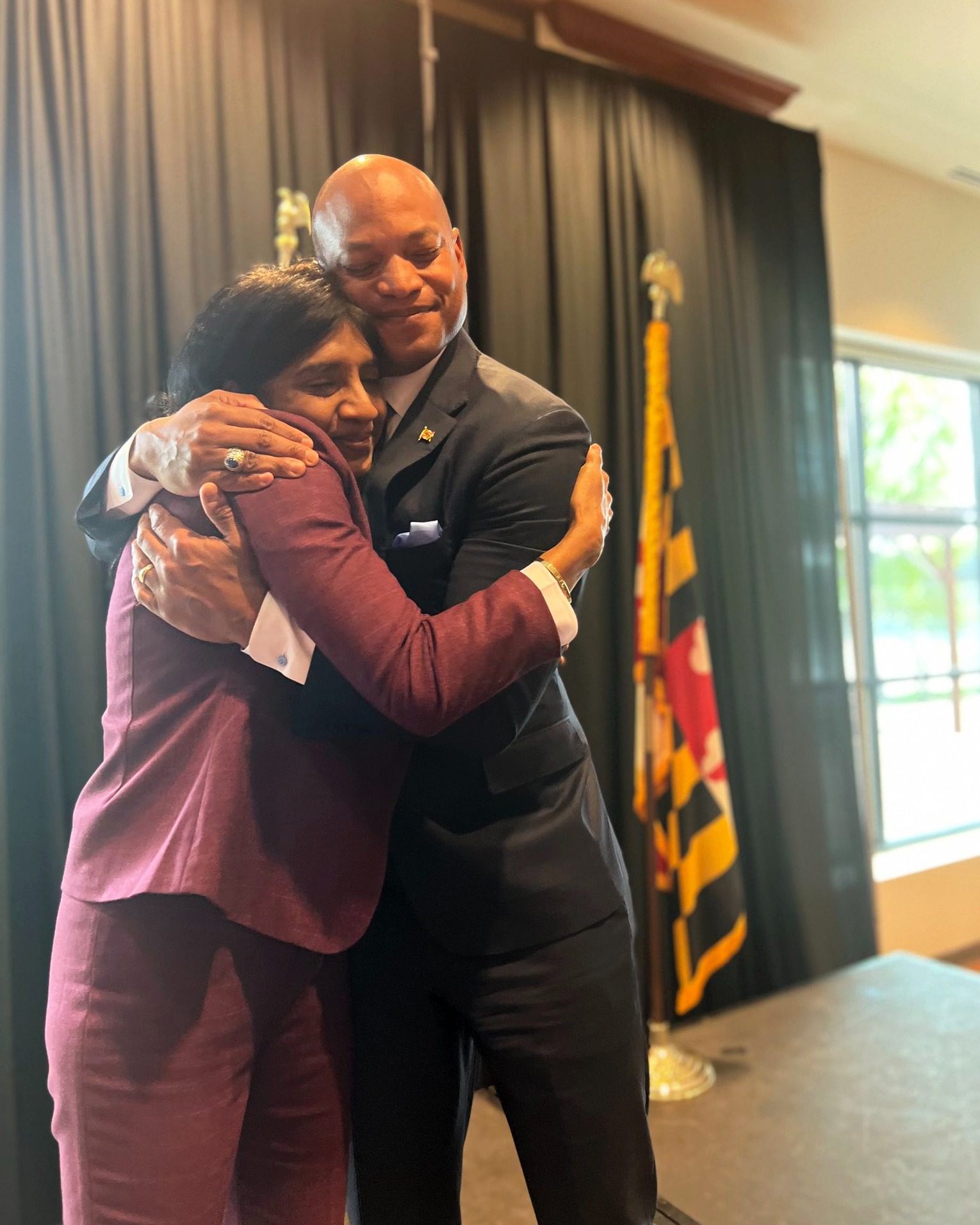 With gubernatorial candidate Wes Moore. Source:
With gubernatorial candidate Wes Moore. Source:
Hi! I just finished reading your blog post, and I must say, it was excellent. Your ability to explain complicated concepts in a simple and engaging way is truly remarkable. Thank you for providing such valuable content. I can’t wait to read more from you in the future.